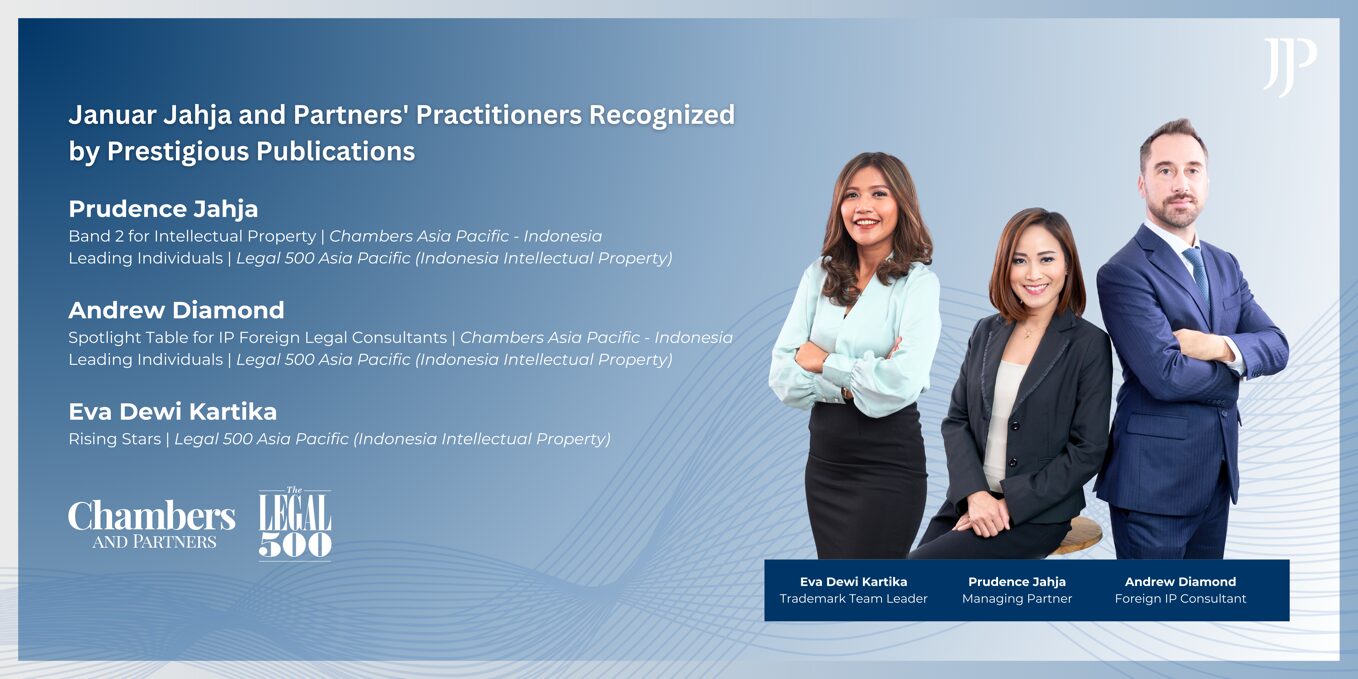 A recent World Intellectual Property Review article on a controversial Supreme Court decision that went against luxury goods company Christian Dior extensively quoted Januar Jahja & Partners foreign legal consultant Andrew Diamond.
A recent World Intellectual Property Review article on a controversial Supreme Court decision that went against luxury goods company Christian Dior extensively quoted Januar Jahja & Partners foreign legal consultant Andrew Diamond.
The article focused on the Court’s decision to uphold the Jakarta Commercial Court’s earlier rejection of a trademark cancellation lawsuit brought by Christian Dior against the mark BABY DIOR in Class 12. Dior owns approximately 75 DIOR-related registrations in Indonesia, though none in Class 12. Despite its unquestionable status as a well-known mark in Indonesia and its robust trademark portfolio, both courts rejected Dior’s allegations of bad faith on the part of the Indonesian applicants for BABY DIOR and upheld the registration.
Mr. Diamond was quoted in the article as describing the decisions as “troubling” and symbolic of gaps in Indonesia’s protection scheme for well-known marks in relation to dissimilar goods. Indonesia is a member of both the Paris Convention and the Agreement on the Trade-Related Aspects of Intellectual Property Rights (TRIPS Agreement), both of which obligate members to afford to protection to well-known marks in relation to both similar and dissimilar goods. However, Indonesia has never implemented the necessary corresponding regulations to give effect to those obligations, thereby leaving a gap in protection that can result in unfortunate decisions such as in the BABY DIOR case.
Mr. Diamond noted that despite these gaps, “[i]t’s not realistic or practical to expect brand owners to register their marks for a wide range of dissimilar goods in Indonesia.” Instead, they should focus on the careful preparation of evidence to support a trademark cancellation action, if such a situation arises.
The full article can be read here.




